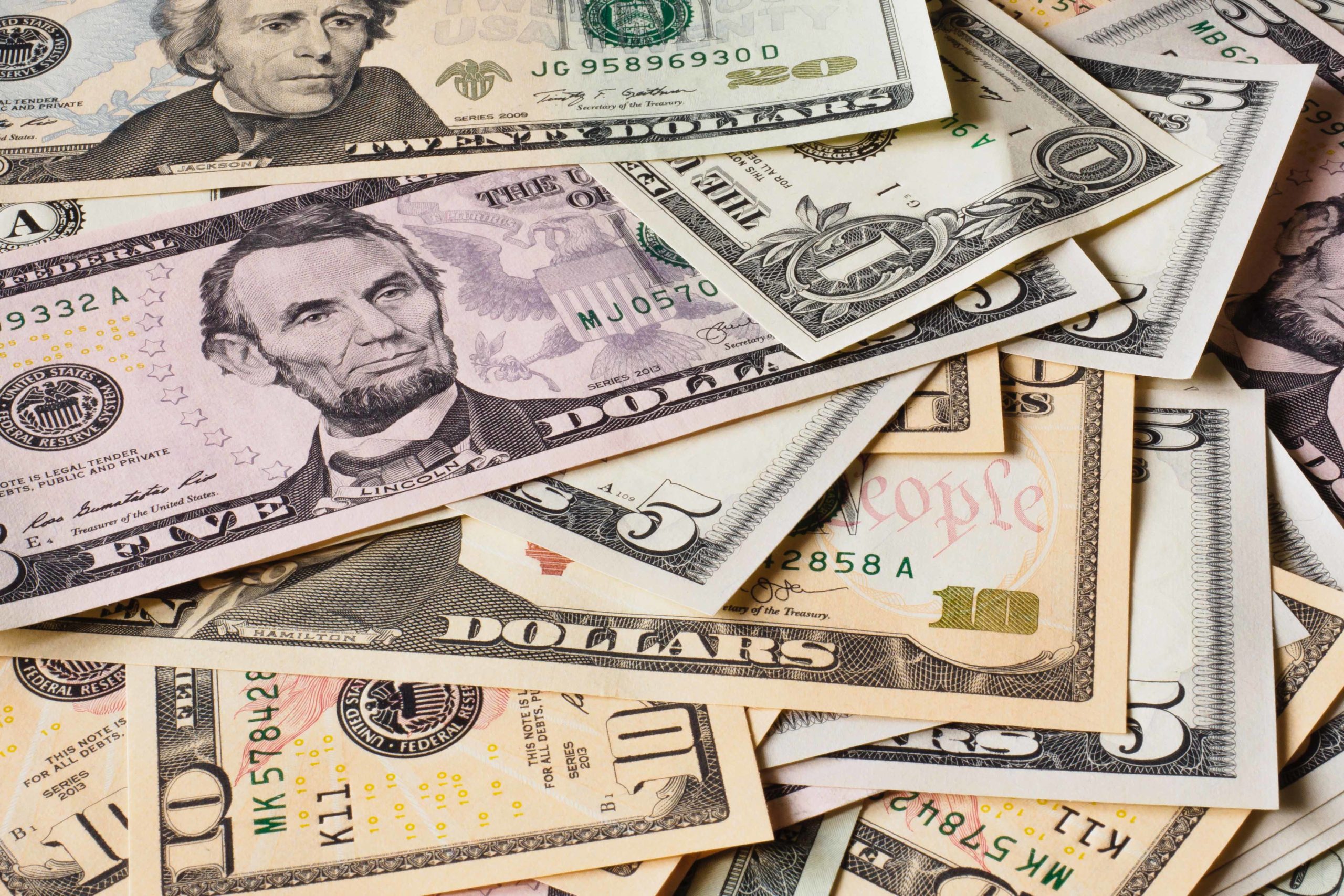
Buying A Small Business: Earnest Money Deposits Should Be Reasonable
By Peter Siegel MBA, BizBen Founder, ProBuy, ProSell, ProIntermediary Programs
I was speaking with a prospective business buyer the other day – he had just signed up to get business purchase financing. He said he wanted the business; however, he was uncomfortable putting down a 10% deposit for a $350,000 business. He asked if he could lower the deposit requirement to $5,000.
I asked a business broker that day on the phone what his opinion was on earnest money deposits for escrow/bulk sale accounts when selling a small business, here is what he told me via email:
Earnest money deposits serve two purposes.
First, they show the seller that you are serious about buying the business. Secondly, in the event that you as the buyer default on the purchase agreement after due diligence and other contingencies have been removed, the earnest money deposit typically serves as liquidated damages to the seller. Would you as a business owner take an offer for your $350,000 business seriously when it was accompanied by a good faith deposit of only $5,000? Would you allow someone to tie up your business for 30, 45, 60 days or more with only $5,000 in escrow?
Occasionally a buyer will write an offer, provide a 10% deposit check and then ask that it be held for two to four weeks or more until all contingencies have been removed. A good faith deposit that can’t be deposited is no good faith at all. The contingencies in a purchase agreement protect you as the buyer, and if you walk away from the transaction before the contingencies have been released, your deposit will be returned to you less any escrow costs incurred. It is your good faith deposit that is supposed to help protect the seller in the transaction. If the check can’t be deposited then what good is it? The buyer is literally asking to tie up the seller’s business for two to four weeks or more with nothing.
The basic rule is this – When there is no money, there is no Buyer.
A 10% deposit shows good faith, shows your intent to purchase the business, and separates the buyers from the shoppers.
Buying a business is a serious process, and offers should not be made lightly. If you don’t know enough about the business to be confident enough to put down a 10% deposit, continue your research until you are more confident. When you are ready to make an offer, show the seller you are serious about buying his/her business. You will find that your offer will be more readily accepted when it is accompanied by a standard 10% deposit.
If you really want to stand out above the rest, provide a cashiers check for the deposit. Then you truly have shown the Owner/Seller your intention to buy their small business is serious.
Orange County, Calif., business broker Joe Ranieri, said “the minimum I want to see when opening escrow is $10,000. Anything less and I feel the buyer is not showing enough commitment. Granted, we all know that a buyer can invent any reason for canceling an escrow, and possibly get a percentage of the deposit back, but $10,000 shows good faith.”
If the purchase price is north of $200,000-$250,000, Ranieri said he would encourage the seller to ask for a greater amount for the security deposit. “I remind the buyer, that from the seller’s perspective, that once we open escrow, the business is basically off the market, unlike selling a house which can accumulate many back up offers, but with a business, many buyers will simply look somewhere else once it’s in escrow.”
San Francisco business broker Timothy Cunha said the “good faith refundable deposit” is often the major impediment to an offer being made and accepted. “And it should be – neither the buyer nor the seller is benefited by a half-hearted mediocre interest in the business,” he said.
A properly drafted contract will stipulate that the deposit go to an independent escrow agent and to be fully refundable if the purchaser terminates the contract prior to the end of due diligence “for any reason or for no reason.” Cunha says he “will only use an escrow agent who will charge no escrow fee until due diligence has expired and they actually begin their work.”
The deposit is important because “once the business goes into contract, the business is effectively off the market; it cannot be shown and no other offer can be accepted,” Cunha says. “The seller has to know the buyer is serious before shutting down the marketing “funnel.” ”
“If the buyer can’t raise 10% of the purchase price for a deposit, it is highly unlikely that he or she has the requisite cash to be a serious prospective purchaser of the business,” he said. “And, the deposit should be substantial enough to signify the commitment of the buyer – 10% is a good number that seems to work for most deals under a half million dollars; for higher purchase prices, sometimes a deposit between 5% and 10% can be negotiated.”
This article originally appeared on the BizBen blog.
